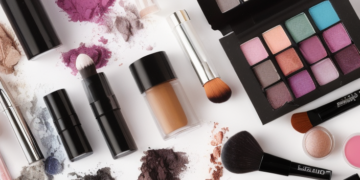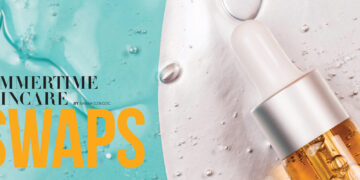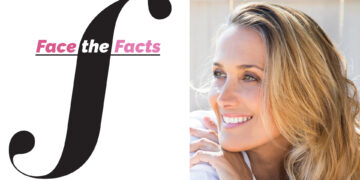Is cannabis skincare the new thing or just over-hyped hemp?

It’s been a couple of years since Canada became the second country to legalize recreational marijuana and just the beginning of a steady stream of Canadians curious about all things cannabis. Market researchers re-projecting that this multi-million-dollar industry will be a billion-dollar one by 2024, but it’s not only recreational consumers whose interest in a pot has been piqued. Cosmetic and skincare companies have taken note of this growth and carved out a whole new category within the beauty sphere. Enter: cannabeauty.
While medical marijuana sheds some of its stigmas in favor of medicinal uses, can the same be said for Indica-infused skincare? In order to cut through the smoke of the bud’s cosmetic benefits, we spoke with a dermatologist and associate professor at the University of Ottawa, Dr. Mark Kirchhof.
Cannabis 101
Let’s start with a refresher on terms. First, none of the effects we know about the plant would be possible without the endocannabinoid system (ECS). Put simply, our ECS is made up of cell receptors found all over the human body that produce and interact with cannabinoids.
While we produce some of our own cannabinoids, the ones in plants are the chemical compounds responsible for everything from the smell, taste, look, and effects of any particular strain of cannabis. Of the hundreds of cannabinoids, tetrahydrocannabinol (THC) is the most well-known and responsible for the psychoactive effect. Cannabidiol (CBD) is the other common one, used for relieving anxiety and inflammation without the intoxicating feeling. 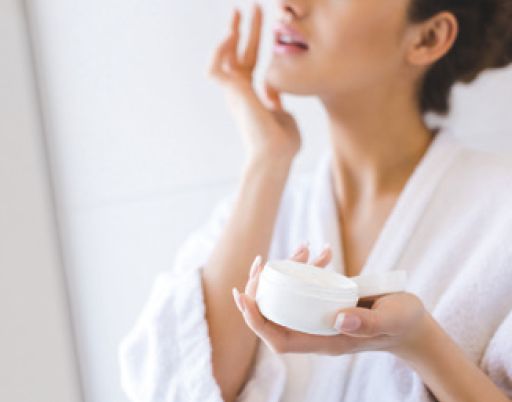
Wait, is it legal?
While medicinal and recreational cannabis cosmetics are legalized to varying degrees across the United States, Canada won’t see any topical cannabis products until late 2019 or early 2020 as a part of the second phase of legalization, which will also include edibles and extracts.
This puts Cannabeauty in a bit of a grey area. According to Cosmetics Alliance Canada, cosmetics—outside of the soon-to-come federally regulated creams and lotions—can only contain trace amounts of CBD found in hemp, but cannot be added deliberately. This means many of the products you’re seeing in stores and on social media might have negligible amounts of CBD but are more often than not just re-branded hempseed oil. 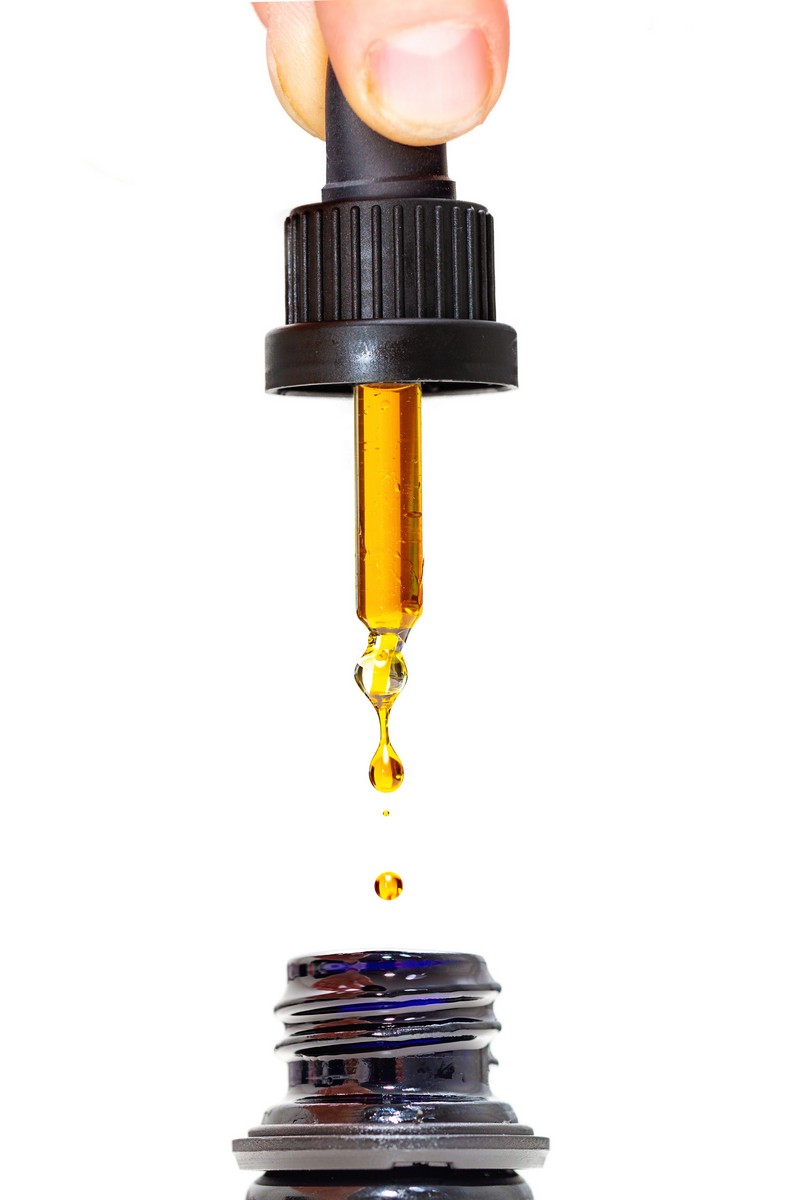
Could cannabis skincare give you a buzz?
Technically speaking, maybe; realistically, no. “Topical products with THC could theoretically produce the same psychoactive effects as oils or edibles, but the absorption rate is so slow when applied to the skin that the chances are very, very low,” explains Dr. Kirchhof.
Promising potential?
Still, researchers and recreational users are looking to cannabinoids as the next big thing in beauty, with CBD being at the top of the list. Studies show that CBD oil functions as an anti-inflammatory, making it a suitable treatment for inflammatory-related skin conditions such as dermatitis and eczema. Furthermore, CBD oil’s antioxidant concentrations are thought to counteract free-radical damage (a major contributor to aging skin) as well as quell excess sebum production, which could help some forms of acne.
If that all sounds too good to be true, you’re somewhat right. “Most of the studies into cannabinoids and skincare are based on animal models,” says Dr. Kirchhof. “While they might provide some clues as to how CBD and other properties might interact with skin, what happens in human trials is often very different and the research is still too new to say for certain.”
Hemp, hemp hooray
Perhaps it’s not as sexy and cool as CBD, but old-school hempseed oil might have a little more going for it—at the very least more substantiated research when it comes to skincare. Brands like The Body Shop have been bolstering hemp oil’s benefits long before legalization and have decades of research to back up their claims. For one, the cold-pressed oil contains omega fatty acids that can protect against surface moisture loss, plus it is a rich source of skin-soothing vitamin E. Better still, it’s a non-comedogenic oil, meaning even those with the most stubborn and sensitive pores can slather it on with confidence. 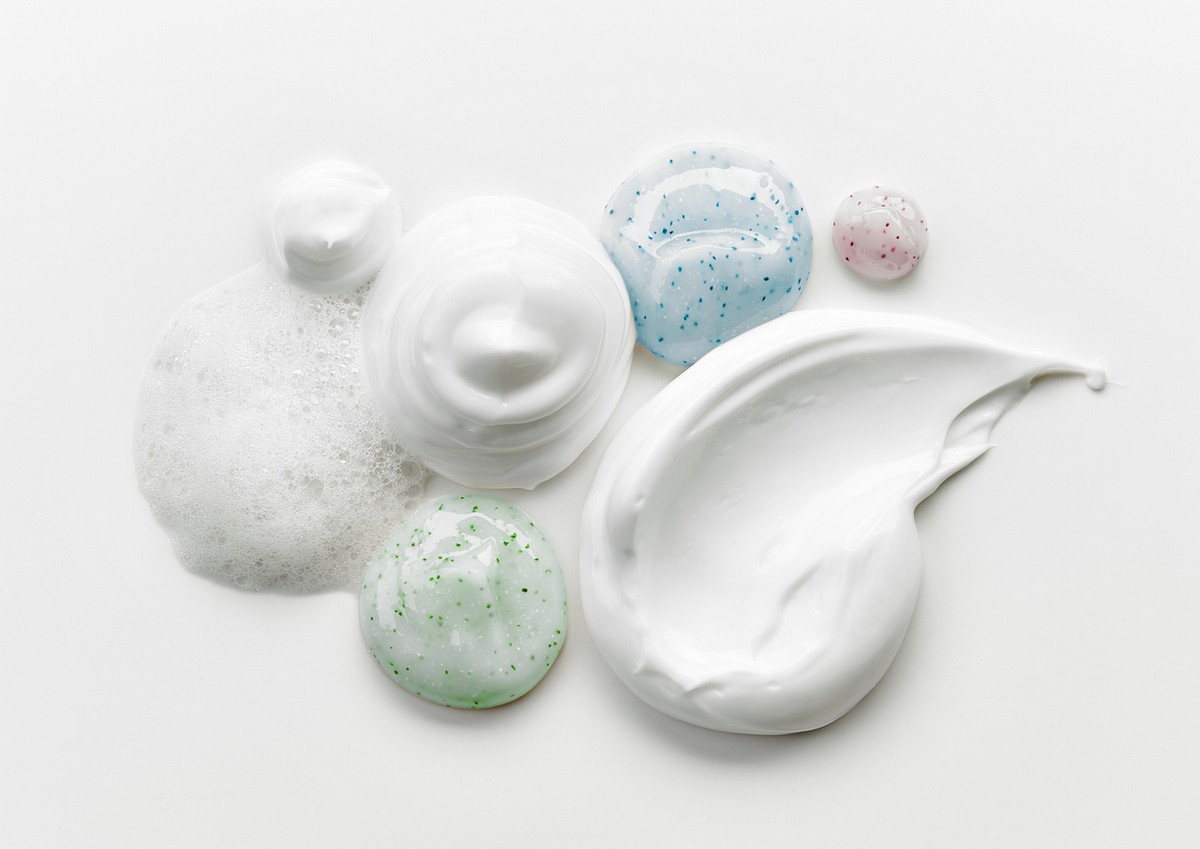
Weed of the wise
Your safest bet when it comes to canna-beauty is to sit on the side of solid science. Research is promising, but beauty brands seem to be having a bit of a kid-in-a-candy-store conundrum. The potential for a new, profitable Allstar ingredient like CBD is too sweet and too tempting to pass up. In the meantime, you can feel good knowing most of the products available include the familiar and skin-friendly hemp oil anyway.
For Dr. Kirchhof, he’s not ready to give cannabis too much credit either. “More research is needed to support the claims being made—to say for instance that CBD is anti-aging is a stretch based on current observations,” warns Dr. Kirchhof. “At this point, I say save your money and go with the tried-and-true solutions—if you’re looking for a good moisturizer, there are better products that more closely resemble the oils and fats in our skin; if you want anti-aging products, retinoids and sunscreen are far superior to anything else on the market.” All in all the cannabeauty buzz might not show any signs of wearing off, but we’ve got high hopes for its future...





